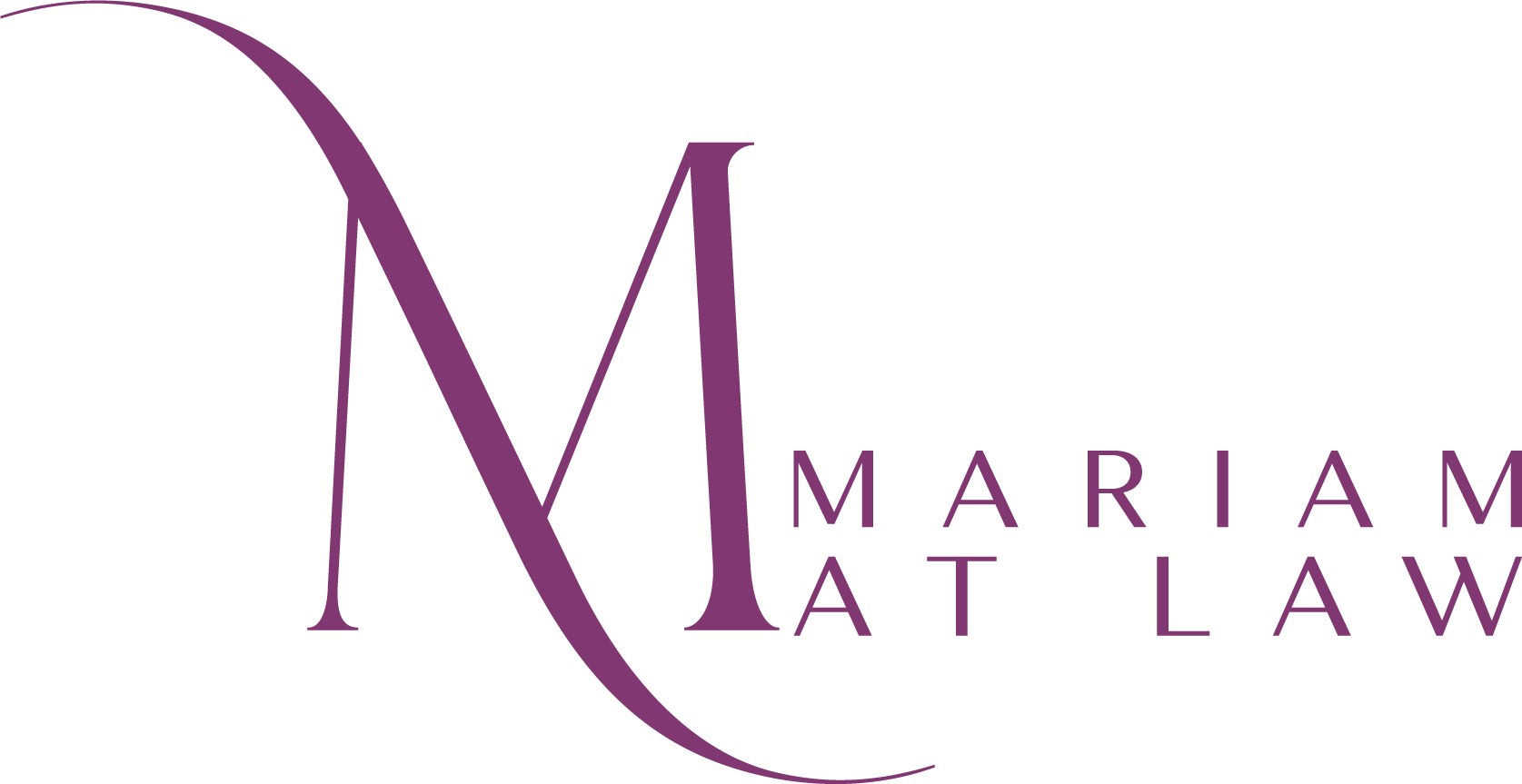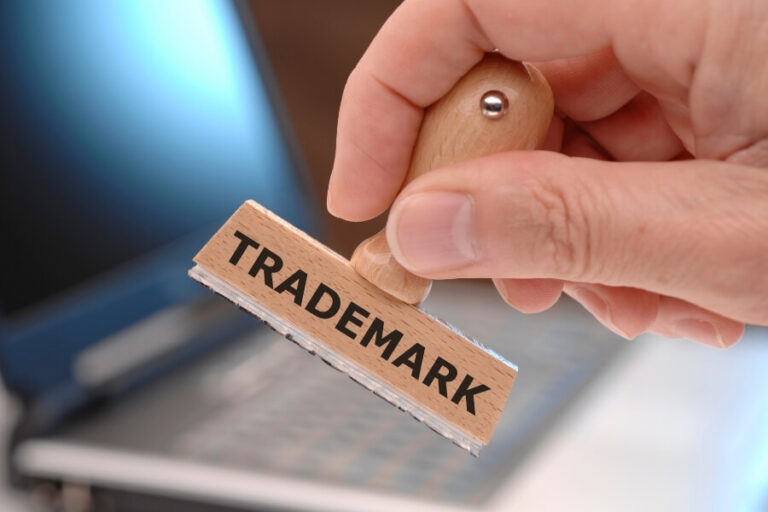What Is Trademark Distinctiveness and Why Does It Matter?
One way to tell the strength of a trademark is to measure it by its distinctiveness. Trademark distinctiveness refers to how unique the brand or product name is. The uniqueness of a trademark plays a big part in brand strength. Typically trademark distinctiveness refers to whether the word mark is a word or phrase that merely describes the brand or product, is a common word but does not describe the brand or product, or is a completely made-up word. Trademarks can be inherently distinctive, or they can acquire distinctiveness through use over a period of time.
All of this may seem confusing at first, but this article will explain what the different levels of trademark distinctiveness are and which ones are the best for your business. It is important to understand the types of trademarks from the outset of your business so that you can plan and prepare accordingly to offer your brand the most protection possible.
Attorney Disclaimer: No attorney-client relationship or privilege is created by your reading this article. The article does not contain any legal advice and does not intend to give legal advice. This post is for informational and educational purposes only. If you wish to work with a trademark attorney, contact me or another attorney to start the process.
Trademark Spectrum of Distinctiveness
The distinctiveness of a trademark is measured on a spectrum. On the far left side are generic trademarks, which are not registerable or have lost their registration status. On the far right side are fanciful marks, which are the most protectable. In between these two categories lie descriptive marks, suggestive marks, and arbitrary marks.
Generic Marks – Generic trademarks are not protectable and therefore never a good choice for your brand. Generic marks are simply a common name for a good or service. For example, you cannot register a wordmark for your dry cleaning business as “Dry Cleaners.” This is because then no one else would be able to describe what their business does if only one person was allowed to hold the trademark for the generic name of the good or service.
Trademarks that were once active can also become generic in two ways. First, they can become generic if a good or service becomes ubiquitous with the trademark. Second, a trademark can become generic if the trademark owner fails to police it properly. These scenarios are called trademark “genericide.” Companies like Google and Velcro fight this every day by making sure to police their marks. Velcro even made a humorous music video about the problem.
Descriptive Marks – Next are descriptive trademarks. These are slightly more distinctive than generic, but can still be denied registration if the USPTO decides they are “merely descriptive.” These marks can only be protected if they gain “acquired distinctiveness” through use over time in commerce. Acquired distinctiveness means that the trademark acquires a “secondary meaning” with consumers over time. For example, General Motors and General Electric are descriptive, but have certainly acquired secondary meaning in the marketplace over time.
Many marks fall into this category because business owners want consumers to know what their product or service does just from seeing the name. This is an instance where trademark law and marketing concepts butt heads.
Suggestive Marks – Suggestive marks are very similar to descriptive trademarks but are one step stronger. Suggestive trademarks hint at the product or service, or at a quality or attribute of the products or services it is being used for. Suggestive marks are another common choice for business owners because they still provide the awareness role as descriptive marks but are also stronger in the trademark world.
Arbitrary Marks – Arbitrary marks are made of words or phrases that already exist but do not describe the good or service in any way. The most common example is Apple for computers. Remember from above the Apple would not be a protectable business name for a company that sells apples, but it is allowed for businesses or products that are not related to the fruit apple, like computers. Other examples include Dove body wash, Shell gas stations, and Domino’s pizza. Arbitrary marks are a great choice because they are both unique and protectable.
Fanciful Marks – The most protectable kinds of trademarks are fanciful trademarks. These are marks that are completely made-up words or phrases and have no other meaning except for the acquired meaning representing their good or service. Popular examples of fanciful trademarks include Kodak, Adidas, and many pharmaceutical drug names. Fanciful marks are inherently distinctive and do not have to wait to gain full trademark protection.
How To Make Sure Your Brand Has A Strong Trademark
When you think of some of the most powerful trademarks in the world, most of them are either arbitrary or fanciful. Nike, Apple, Google. All of these brands are extremely protectable because they are extremely unique and distinctive. When selecting a trademark for your goods or services, you want to be as far to the right as you can on the spectrum of distinctiveness. You also want your brand to have inherent distinctiveness so that you do not have to wait to acquire distinctiveness over time. These things will help make sure that your brand has a strong trademark in your industry.
Trademark law can be a tricky topic and sometimes is at odds with basic business and marketing logic. That’s why it is best to work with a trademark attorney from the inception of your business to make sure you have as much trademark protection as possible.
Mariam At Law Can Help You Choose A Strong Trademark
Making sure your business is back to a strong brand starts with a strong name. My law practice focuses on helping small and medium-sized businesses protect their brands including the selection of strong trademarks for your business name, product name, or slogan. If you are thinking of starting a business but want to make sure that your trademark is available and protectable, contact me to get started.
WORK WITH ME TO PROTECT YOUR BRAND!
Book your free 30-min call with me to discuss details about protecting your trademark and brand.






